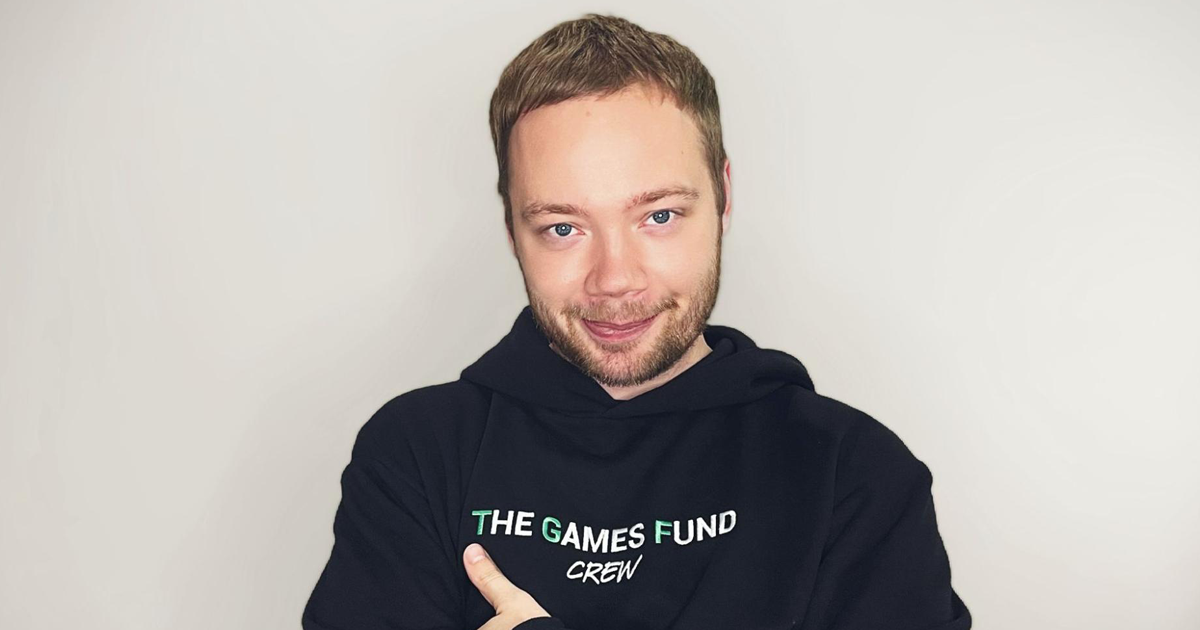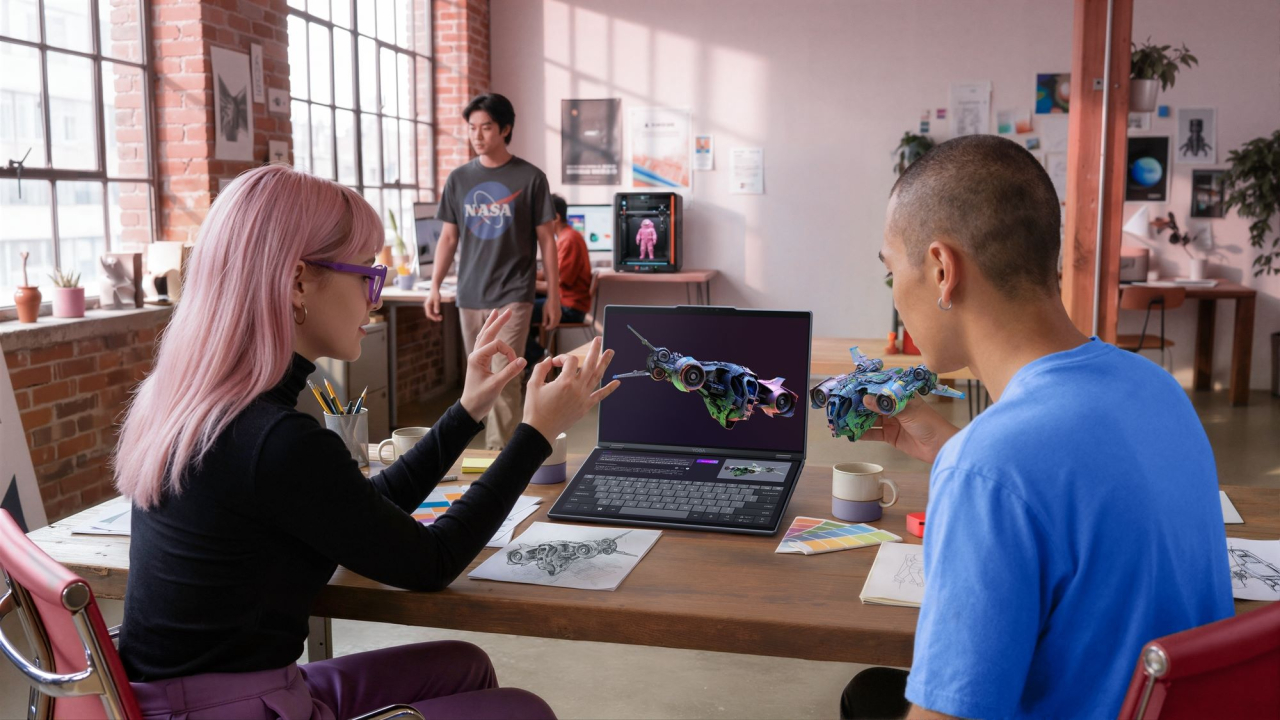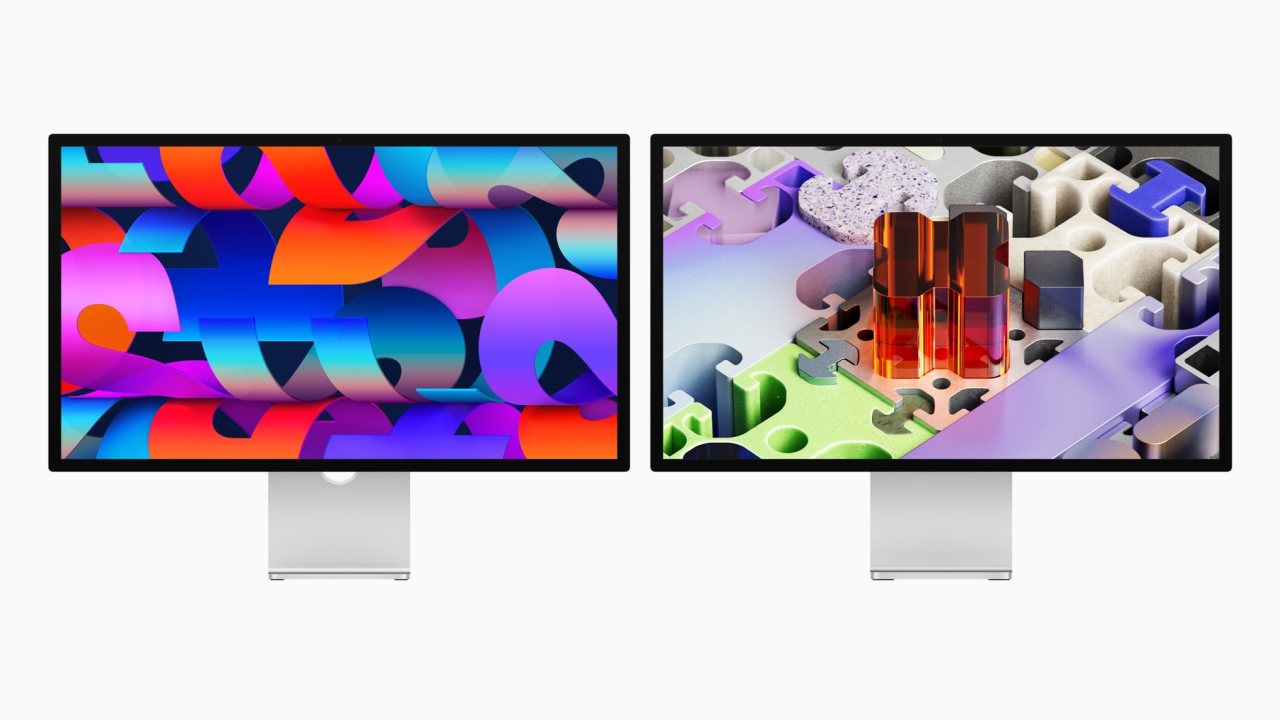Ilia Eremeev started his career in the gaming industry as a 3D artist, then moved on to game design and management and had creative and executive producer roles. In 2017, he became a video game investor when he joined MGVC, the investment division of My.Games. There he met Maria Kochmola and Ilya Karpinskiy, who would become his partners at The Games Fund, a VC that invests early stage in game studios globally, but with a focus on Eastern Europe.
He and his partners left My.Games and launched The Games Fund in April 2021 with $50 million ready to invest in game studios globally, but especially in companies in the region. The headquarters is in Cyprus, but the attention is spread throughout the entire region, including Romania.
By October 2023, the VC had invested in 23 studios in pre-seed or seed stages.

"Our typical initial investment ranges between $500,000 and $3 million. We are looking for teams that combine creative vision with a solid business foundation," says Ilia Eremeev.
TGF focuses on investing in studios with strong leadership, unique game concepts and clear monetization strategies. They are agnostic when it comes to genre, but are particularly interested in free-to-play mobile games and PC and console titles with a strong social commitment.
"We also focus on games that don't exploit players through predatory monetization or artificially inflated content that harms the game and exists only to justify and recoup the budget. We're looking for smaller, faster games with a higher margin, durable and fun." says the managing partner of TGF.
Investments in games from Romania
Romania, with its skilled workforce and growing indie scene, has attracted the attention of TGF. The country's strengths lie, in Ilia's opinion, in the skilled talent base, the relatively low costs compared to Western Europe or North America, but also the cultural alignment with Western markets.
However, our market also has disadvantages such as limited access to capital, the fact that there is no robust system of incubators, accelerators for indie studios and also mentioned the fact that we lack international visibility.
"Romanian studios often lack visibility at major global gaming events, which hinders their ability to network and showcase their work to a wider audience," explains Ilia Eremeev.
He mentions that large international companies such as Ubisoft, EA or Funcom are present in Romania, and the employees here contribute to important titles. It also monitors indie studios from our country and mentions companies such as KillHouse Games, Alien Pixel studios, Sand Sailor Studio, AMC Ro Studio or Transylgamia.
The video game development industry in Romania continues to grow steadily, reporting a turnover of 332 million dollars in 2022. Around 6,800 specialists are currently working in Romanian studios, in over 200 studios.
"If you are based in Romania and are building a gaming company, we would be interested in getting in touch with you," says Ilia Eremeev.
What kind of games does The Games Fund invest in?
When evaluating potential investments, TGF takes into account factors such as the founders' vision, the team's expertise, the game concept, market demand and financial projections. They are looking for games with long-term player retention and sustainable revenue generation.
"Financial projections, market analysis and key performance indicators - such as user acquisition costs, retention rates, views and comments on game trailers, the number of players who have added the game to their wishlist on Steam and feedback from the first gamers who have tried the game - help us determine the investment potential," adds Ilia.
Indie studios seeking funding from TGF are advised to have a clear and compelling game concept, a strong team, a solid business plan and, ideally, a prototype or demo.
Indie studios in Romania can contact them on their website, but they can also meet them in person at dedicated events such as Gamescom, Digital Dragons, DevGAMM, White Nights or GDC.
He also has one more piece of advice for game creators: "If your idea isn't initially accepted, we encourage you to ask for feedback and keep us updated on your progress. Circumstances can change and future opportunities may arise."
He is proud of the fact that they managed to build a good brand for TGF and that many investments were made after a studio contacted them.
"From a performance perspective, many of the companies in our portfolio have raised substantial amounts in subsequent rounds of up to $15 million, such as Red Rover, KEK Entertainment and Eschatology Entertainment. This is particularly noteworthy in the current market, where later-stage funding rounds have become less frequent. Some of our companies have reached operational profitability or secured partnerships with major global gaming companies," says Ilia Eremeev.
Why aren't there more VCs investing in game studios
Globally, there are VCs that invest in games such as Bitkraft Ventures, Shima Capital or Andreessen Horowitz, but not as many that invest in tech startups, especially in Eastern Europe. In Romania, there is no VC for indie studios. Why?
"Games are often considered risky because of their 'hit'-based nature, and many investors are unfamiliar with the dynamics of the industry," says Ilia Ermeev, who mentions that their fund solves this by focusing on the region and areas where they have expertise.
He believes that the venture capital ecosystem in Eastern Europe is changing, developing, and that in the past it has focused on sectors such as IT or fintech.
"However, the situation is changing as the global gaming industry continues to grow and demonstrate its profitability. Larger institutional and generalist investors are paying attention to the video game industry and new regional or industry-specific funds are emerging."
TGF believes that the video game investment landscape is evolving, with a more diverse range of investors and new sources of financing. It also sees that more and more companies are looking for opportunities in emerging gaming markets such as Latin America, Eastern Europe or Southeast Asia, which in turn can create more opportunities for local companies to connect with global investors.
While acknowledging challenges such as market saturation, rising user acquisition costs and regulatory hurdles (data privacy or monetization practices), TGF sees opportunities in emerging markets, new monetization models, virtual stores or platforms and favorable conditions for investors investing in early-stage companies.
Market vulnerabilities of the present and the future of video games
One of the biggest vulnerabilities of the gaming industry today is the need to rebuild trust lost after mass layoffs, releases of titles that sold below expectations, and post-COVID market adjustments that led to lower satisfaction for investors, developers, and gamers.
In addition, the industry is navigating an increasingly complex and evolving regulatory landscape. Potential laws and regulations regarding loot boxes, gambling mechanics, data privacy and content moderation could significantly impact monetization and gaming strategies.
"To remain resilient, the industry must adapt by embracing innovation not only in game design, but also in ethical practices and sustainable business models that align with consumer preferences and new economic realities."
As a result, in the near future, TGF sees the development of more short and smaller scale games, which involve a lower development cost.
Ilia Eremeev sees in the near future games that offer 10 hours of play instead of 50, developed over three years instead of seven, with budgets of 10-30 million dollars instead of 300 million dollars. "Smaller projects allow for more experimentation and a higher tolerance for risk."
In the medium and long term, TGF's managing partner believes that games will integrate more forms of entertainment to provide immersive experiences that blend elements such as gaming, social interactions or media consumption.
He also recognizes the advancement of AI and believes that "AI will play a big role in game development, from procedural content generation to developing highly personalized gameplay experiences."
 Florin Cașotă
Florin Cașotă















